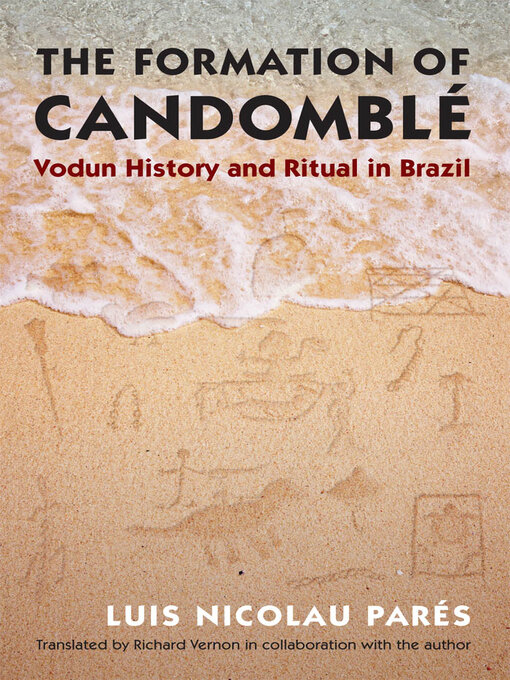Interweaving three centuries of transatlantic religious and social history with historical and present-day ethnography, Luis Nicolau Parés traces the formation of Candomblé, one of the most influential African-derived religious forms in the African diaspora, with practitioners today centered in Brazil but also living in Europe and elsewhere in the Americas. Originally published in Brazil and not available in English, The Formation of Candomblé reveals cultural changes that have occurred in religious practices within Africa, as well as those caused by the displacement of enslaved Africans in the Americas.
Departing from the common assumption that Candomblé originated in the Yoruba orixá (orisha) worship, Parés highlights the critical role of the vodun religious practices in its formation process. Vodun traditions were brought by enslaved Africans of Dahomean origin, known as the “Jeje” nation in Brazil since the early eighteenth century. The book concludes with Parés’s account of present-day Jeje temples in Bahia, which serves as the first written record of the oral traditions and ritual of this particular nation of Candomblé.
- Available now
- New eBook additions
- New kids additions
- New teen additions
- Most popular
- Try something different
- NYPL WNYC Get Lit Book Club
- Spotlight: Toni Morrison
- See all ebooks collections
- Available now
- New audiobook additions
- New kids additions
- New teen additions
- Most popular
- Try something different
- NYPL WNYC Get Lit Book Club
- Spotlight: Toni Morrison
- See all audiobooks collections
